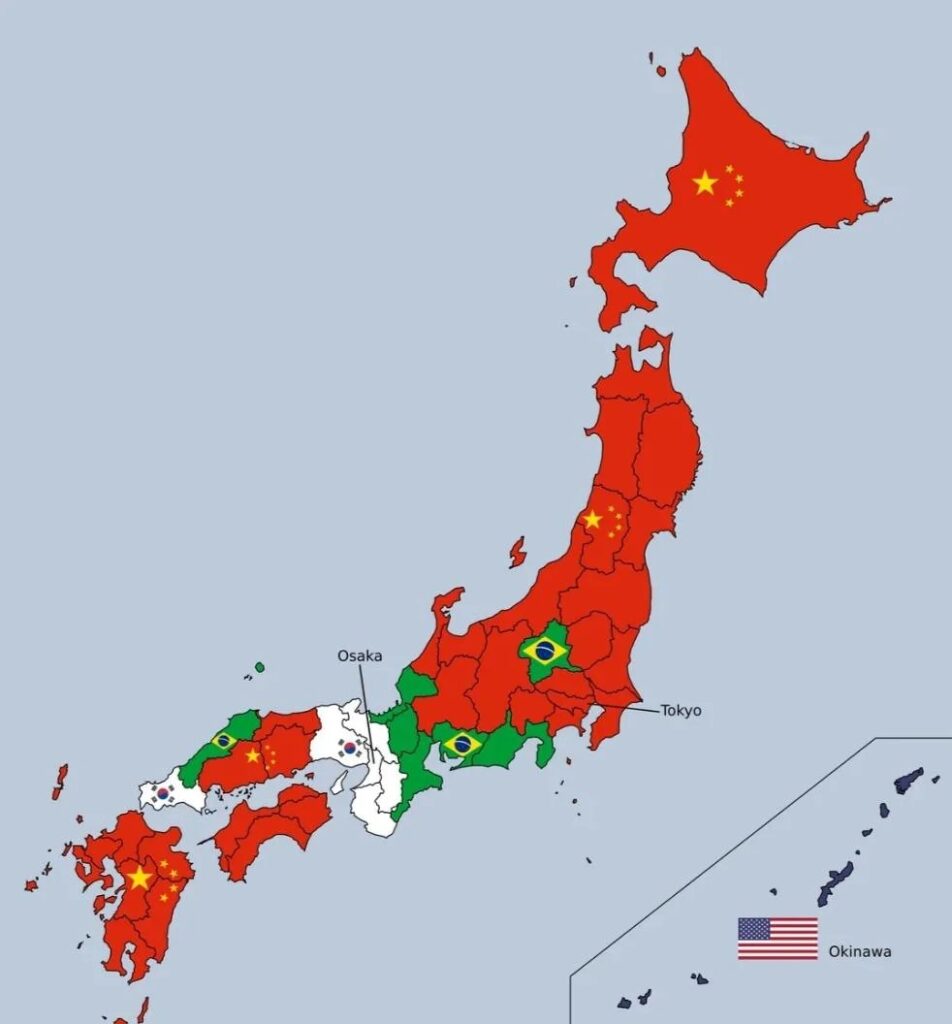Japan Opens Its Doors: Why Foreign Workers Are in Demand
Japan is changing. For many years, it was known for its homogenous society, but now, more and more foreign workers are finding opportunities there. Why is this happening? And what does it mean for Japanese companies?
1. The “Why”: Reasons Behind the Trend
The main reason is simple: Japan needs workers. The country has a shrinking population and many older people are retiring. This creates a shortage of workers in many areas. Imagine a bakery with lots of customers but not enough bakers – that’s the situation in many Japanese industries.
- Not Enough Young People: Japan has a low birth rate, meaning fewer young people are entering the workforce.
- Aging Population: Many older workers are retiring, leaving empty positions that need to be filled.
- Special Skills Needed: Japan also needs people with special skills, especially in technology and global business. These skills are often found in foreign workers who have studied or worked in these fields.
- Going Global: Many Japanese companies want to do more business around the world. To do this, they need people who understand different cultures and speak different languages. Foreign workers bring these valuable skills.
2. Impact on Japanese Companies
Hiring foreign workers has a big impact on Japanese companies. It helps them in several ways:
- Filling Important Jobs: Foreign workers fill important jobs that would otherwise remain empty. This helps companies keep running smoothly and produce goods and services.
- New Ideas and Innovation: People from different backgrounds bring new ideas and ways of doing things. This can help Japanese companies become more creative and innovative. Imagine adding a new flavor to the bakery’s menu – that’s the kind of fresh thinking foreign workers can bring.
- Challenges and Changes: Of course, there are also challenges. Companies need to adapt to different languages and cultures. They may need to change how they train and manage their employees. But overall, the benefits of hiring foreign workers often outweigh the challenges.
In short, Japan is changing because it needs workers. This creates exciting opportunities for foreign workers and helps Japanese companies stay competitive in a global world. This trend is likely to continue as Japan faces ongoing demographic changes.
Most foreign nationals in each japanese prefecture.

- Do you think it’s primarily the responsibility of the Japanese government or individual companies to address the challenges of integrating foreign workers into the Japanese workforce? Why?
- Some people worry that an influx of foreign workers could erode Japan’s unique cultural identity. Do you agree or disagree? Explain your reasoning.
- Considering Japan’s aging population, do you believe relying on foreign workers is a sustainable long-term solution to its labor shortage, or should other approaches, such as increased automation or encouraging higher birth rates, be prioritized?
- If you were a foreign worker considering a job in Japan, what would be your biggest concerns and what would make you feel more welcome and supported?
- How do you think the presence of more foreign workers might change Japanese society in the next 10-20 years? Do you see these changes as predominantly positive or negative?
- In your opinion, what are the most important steps Japanese companies should take to create a more inclusive and welcoming environment for foreign employees?
- Do you think the current visa and immigration policies in Japan are effective in attracting and retaining skilled foreign workers? What, if anything, should be changed?
- Comparing Japan to other countries with significant foreign worker populations, what lessons can Japan learn about successful integration and management of a diverse workforce?
- Do you believe that the benefits of hiring foreign workers, such as filling labor shortages and bringing new ideas, outweigh the potential challenges, such as cultural differences and language barriers? Why or why not?
- If you were advising a young Japanese person entering the workforce today, how would you suggest they prepare themselves to work in an increasingly international and diverse work environment?











